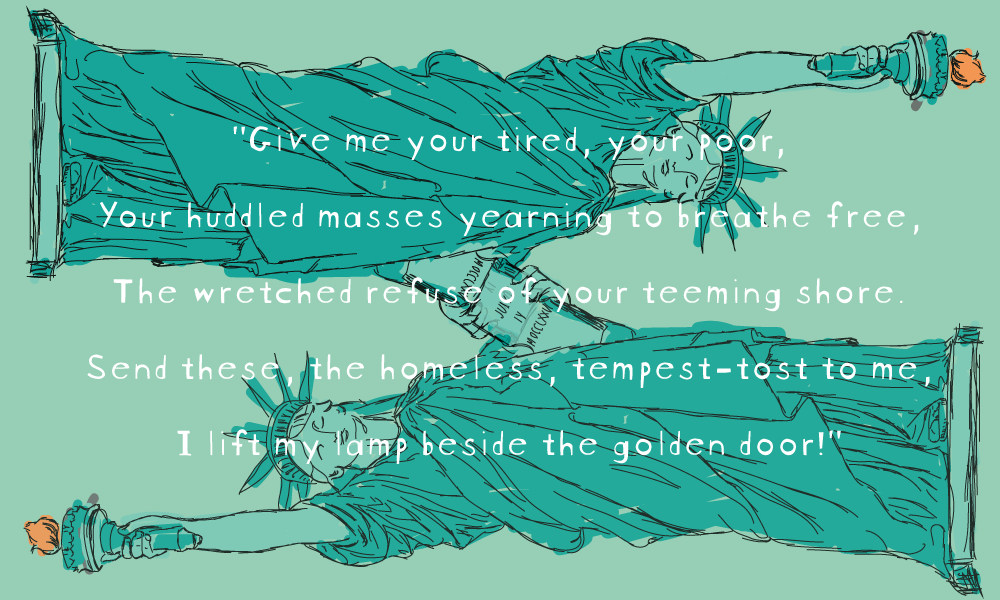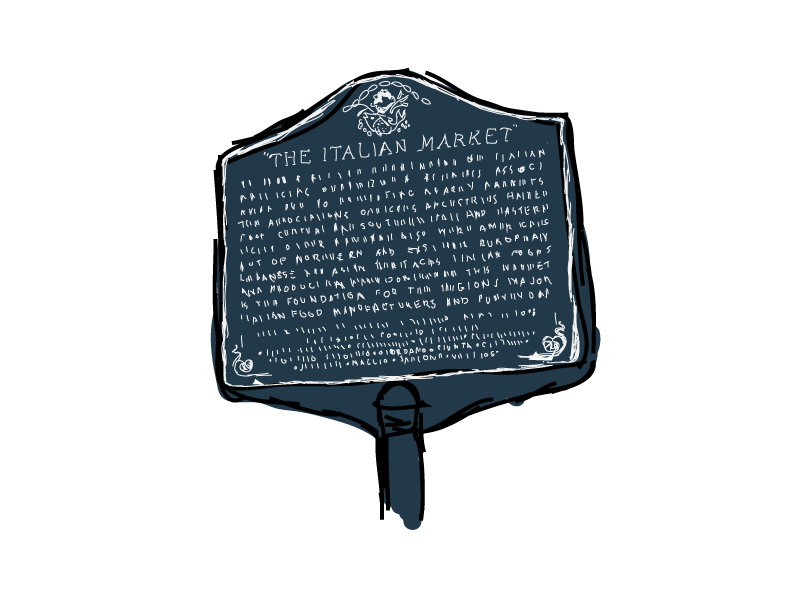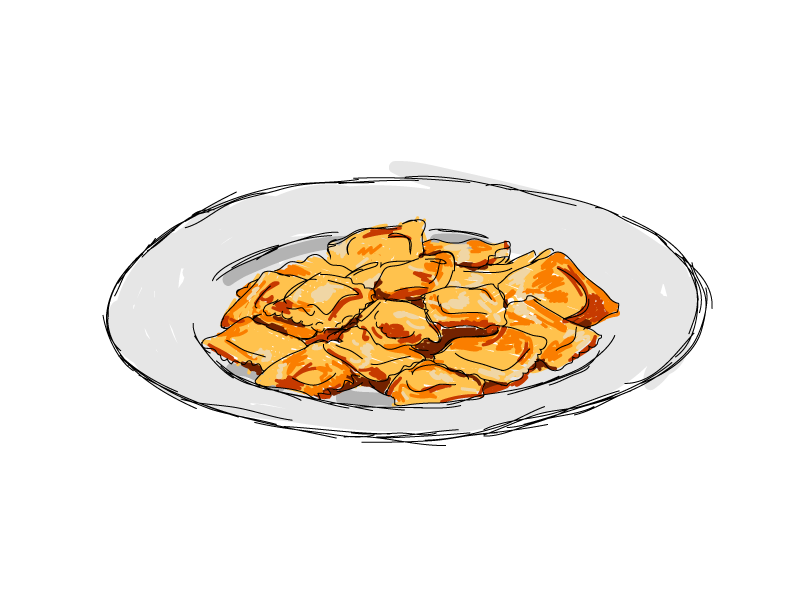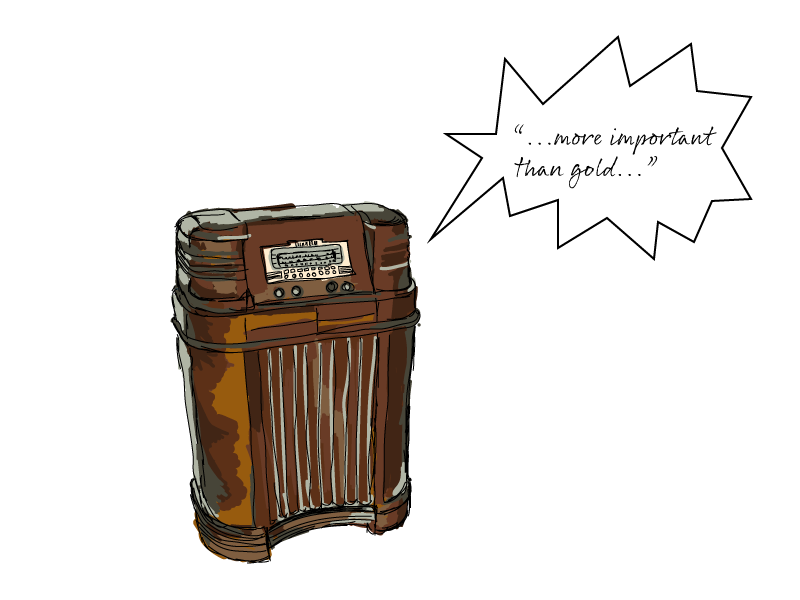“Everywhere immigrants have enriched and strengthened the fabric of American life.”
-John F. Kennedy, A Nation of Immigrants
“America is for Americans.” If this sounds like the latest 6:30 a.m. pronouncement from the Twittering fingers of the current occupant of the White House, you’re forgiven for being mistaken. It’s from the book Social and Religious Life of Italians in America by Enrico Sartorio, an Italian native and Protestant minister, describing Americans’ reactions to the huge influx of Italian immigrants to this country. The year was 1918.
Who is a valid immigrant? What rights are immigrants entitled to? Is there a difference between immigrants who came here legally and “dreamers” who are here through no action of their own? And, perhaps larger than all these, is it time for America to close the door on its practice of welcoming immigrants?
In today’s pockmarked political landscape, no battle has ignited the country like the one raging over immigration. And the answers to questions like the ones above depend on whether you stand behind the “Give me your tired, your poor, your huddled masses . . .” inscription of Emma Lazarus on the Statue of Liberty or the “turn on the hate” politics of Steve Bannon, the erstwhile advisor of the current occupant of the White House. While there is room for intelligent people to disagree about almost any issue, including immigration, what I have no doubt at all about is the stories of two immigrants who came to America 100 years ago. Their stories have been replicated millions of times since, each in its own distinct way. They are worth repeating because they are stories of what immigrants have meant to this country and because the stories are true.
My grandparents came to America from Italy for the same reasons people from other countries continue to come — to make a better life for themselves and their families. They came from places named Caramanico, Rocca Imperiale, Reggio Calabria, and a hundred other towns. Paesi, they are called in Italian, and the people who left them, paesani. My grandparents left their homes in Abruzzo and Calabria to escape the crushing poverty that had shadowed southern Italy like a dark cloud for generations. In all the years my grandparents lived here, they never once returned to their homeland. When my mother’s father was asked by his children why he never went back at least for a visit his answer was: I left because there was nothing there. Why go back?
But America was another thing altogether. Like all their countrymen and women who came, my grandparents brought with them only what their hands held and their hearts knew: that America was their Promised Land. Their skills were meager — stonemason, laborer, shoemaker — most too young to possess even these, carrying only an intangible hope for the future they hoped would not deny them. When a fast transatlantic voyage was counted in weeks, they crossed the ocean in cramped ships to disembark on strange soil. They spoke no English. In most cases, they had no jobs waiting, only the name of a relative or other person from their town who had come before them. They came as strangers to a strange land. And no sooner did they step onto American soil than the confusion of Ellis Island descended upon them like a storm: the poking and probing of indifferent health officials, the instantaneous loss of identity as age-old names were squeezed and torn to fit American tongues. Yet they were here, and they made plans to stay in this huge, fast, frightening country where carved stone gave way to brick, mortar, and steel. Hopefully, my grandparents sensed that a larger vision was shaping this land and saw their own faces in that vision.
When my grandparents came to Philadelphia in the early 20th century, they settled in Philly’s Little Italy neighborhood. For eight blocks along Ninth Street, from Washington Avenue on the south to Catherine Street on the north, beneath corrugated tin awnings, they shopped the scores of carts and stands full of every kind of fruit, fish, and vegetable. There were poultry stores with cages full of pigeons, rabbits, chickens, ducks, and quail. There were butcher shops, the windows draped with splayed and dressed carcasses of lambs, pigs, calves, and other mammals, their ribs, muscles, and tendons laid bare like biological specimens displayed for the education of passersby. At home, this food, in all its incredible varieties, was fried, baked, broiled, stuffed, and sautéed in olive oil, served with wrinkled black Sicilian olives cured in oil, dense crusty bread, and the purplish wine made by the men in the cellars of their Father-Son-Holy Ghost homes. Dinner with their families was one way my grandparents could ease the rawness of the transition to America, just as their paesani who had come earlier were able to offer solace by showing them not only where to shop but which banks catered to Italians or where to go for medical care.
Ernesto
Like millions of his paesani, Ernesto, my mother’s father, came to America in the early 20th century. With his wife Maria, his eight children and his sister Molly he lived in a three-story row house on South 15th Street. To know Ernesto was to know an outgoing, jovial man who liked nothing better than to be surrounded by family and friends. Winter and summer, there were few Sundays his house didn’t sound with the conversation of adults and the playful noise of grandchildren who had come to visit or to enjoy a Sunday dinner of homemade ravioli.
Ernesto came from Rocca Imperiale, a small town that baked in the hot Calabrian sun on a hillside in the province of Cosenza. He came as a boy in his teens and learned the tailor’s trade as an apprentice to an older paesano who had come before him. Learning well enough to become a custom tailor, he worked in the large back bedroom of his house that he used as his shop where he fashioned the suits and coats that earned his livelihood. To me, the shop was a wonderland of strange objects — odd-shaped, thickly padded clothing forms, large bolts of cloth, giant spools of different-colored thread and oversized sponges (the real ones that had come from the sea) he used to dampen the material before he pressed it with a large electric iron whose cord ran up to the ceiling and across it to an outlet on a far wall. His shop was redolent of virgin material still on the bolt waiting to be turned into an overcoat or a pair of pants, or the warm aroma of newly pressed cloth that seemed to hang in the air like perfume. In that shop, he would mark the legs of each new pair of pants my parents bought me, scribing the white chalk lines to hem them to the right length or along the inner seams to taper them to the narrow width that was the style of the time.
The thing that stands out most in my mind when I remember him is the respect that everyone who knew him, especially his family, had for him. I never saw him claim this respect or demand it in any way; it was simply the natural result of how he conducted himself. But everyone who knew him knew that his judgment on any issue was the proper one and they deferred to it willingly and with confidence. The Italian Society to which he belonged held him in such high regard that they not only made him treasurer of the organization but also, in recognition of his probity, the only member who never had to stand for reelection.
Aunt Molly was Ernesto’s sister and technically my mother’s aunt, but she was aunt Molly to the entire family. She lived with my grandparents for all of her life and died at 80 years of age. She was a religious woman who walked to Mass every morning at St. Rita’s Church on Broad Street before going to her life’s work as a seamstress for a large clothing manufacturer.
Aunt Molly never married. Her personal tragedy, like that of so many millions of her generation around the world, was to have had a boyfriend who was killed in World War I. After his death, she spent the rest of her 60-odd years as an old maid living in her brother’s house under his care. I often wondered if she mourned her dead boyfriend in the silent night when she climbed into bed alone and whether his face came to her in dreams. How different would her life have been if she had been allowed to become a wife and maybe a mother instead of the third wheel on her brother’s marriage cart? Some measure of kindness came to her at her own death. She was taking her daily nap on the sofa and simply never woke up. I like to think that her peaceful death was a just recompense for the husband she had been denied in life.
Ernesto was a kind, cheerful man who clothed his customers in finely made suits and coats, who gave me bouncing rides on his knee calling out oopla! as he did, who affectionately called me Giannuzzo, little John, and who cared for and provided for his family. Although his name was never among the Guccis or Armanis of his time, in his way he was their equal. And his fame rests in the respect he earned from those who knew what it meant to take a bolt of virgin cloth and cut, shape, and sew it into a suit of clothes.
Like his sister, Ernesto passed from life quietly in his sleep long years after leaving the country of his birth. America was his home, and it had given him much. He returned it in full measure. His legacy was the family he helped raise, the work he contributed to enrich the land he made his own and the admiration and respect of all who knew him.
Francesco
When my father’s father was 16 years old, he left his town of Caramanico in Abruzzo and traveled to Naples on April 30, 1911, to book passage on a German ship, The Hamburg, so that he too could come to America. Three weeks later, on May 24, he arrived in New York and made his way to Philadelphia. He came alone, leaving his wife, Anna, in Italy until he could send for her. His first home was a tiny shell at 618 Montrose Street, later demolished to make way for a public school. Eventually, he sent for my grandmother, and they began a family that grew to include five children. The family moved about a mile away to 1915 Hicks Street, where the only heat came from the gas stove in the kitchen, and where my father and his two brothers slept in one bed until one by one they married and moved out. I remember my father telling me that some days were so cold that when they rose in the morning he and his brothers would scrape the frost from the inside of the windows. The house had two rooms on the first floor and three bedrooms and a tiny bathroom on the second. In the parlor on the first floor was a four-foot-high floor radio with half a dozen knobs across the front. It was on this radio that my grandmother would listen to President Franklin Roosevelt deliver his fireside chats, unable to understand a word he was saying but transfixed by the sound and cadence of his voice. She was a small, kindly woman who brought me Coca-Colas in green glass bottles from her kitchen and who could transform a white handkerchief in her hand into a long-eared rabbit in seconds.
On January 25, 1922, America fulfilled its promise for Francesco when it conferred United States citizenship on him. He found work as a punch press operator for the General Electric Company in West Philadelphia and worked there for the next 30 years. Each day, Francesco faced the deadening drudgery of factory work. Each day, he rose early to be at his job on time. In the gut-wrenching days of the Depression, he went to work even though sometimes it was only to punch the time clock and go home again with two bags of food under his arms. Because that’s what the company wanted him to do. When the Second World War came, Francesco was still at G.E., working long hours producing industrial parts for the American war effort. No matter that we fought against Italy in the early years of the war or that he spoke broken English or that his own mother and father lay buried in Italian soil. He was an American now, and this was his work for America. This was his identity, his nobility. America was his promise too.
I have an old tabloid newspaper from 1949 printed by G.E. for its employees. In it is a picture of my grandfather at his workstation, his youngest son, Joseph, also a G.E. employee, standing behind him with his hand on his father’s shoulder. The article is a short profile of my grandfather as a representative G.E. employee. In the course of the story he is asked about his oldest son, my father, who had just become a physician: There are unlimited opportunities here in America. In Italy, it would be impossible for a working man’s son to study a profession. Why? Because a working man does not make enough money to put his son through medical or law school. Yes . . . there can be no better opportunities than the opportunities in this country.
For me, Francesco was more than a machinist working at G.E. and even more than my grandfather. He was the uneducated immigrant whose scrawly signature is at the bottom of the card he gave me when I made my First Holy Communion, a card I keep 60 years later in my bureau drawer. He was the man who walked to our house every Sunday morning to have coffee and toast with us and go home later with the weekly television schedule from the Sunday Inquirer under his arm. And he was the man who walked me every morning to Drexel Elementary School at 16th and Moore Streets for my morning kindergarten class. I feel my hand in his as we walked down the sidewalk toward the heavy iron gate that surrounded the schoolyard. As I entered the building, I would glance back at him waiting patiently on the other side of the gate. He’d watch me until I entered the building, and I knew that when I came out again at noon he’d be waiting there to bring me home again.
Drexel is gone now, replaced by a new condo and townhouse development. For decades, the school sat there, dilapidated and abandoned, a bleak pile of disintegrating red brick. Some of the wood had fallen away from the window frames revealing the dark, empty interior. The iron gate that surrounded it is likewise nothing but a memory. But no matter how forgotten Drexel becomes, I know that once, long ago classrooms were filled with the sounds of young children laughing and clapping to a clinking piano. I know that the rooms sounded with young voices reciting times tables or spelling words. And even more important, the building is forever the keeper of my daily trips to and from it with Francesco, my immigrant grandfather, my hand locked firmly in his rough machinist’s hand.
My grandparents were only a drop in the ocean of immigrants that flowed to this country in the early 20th century. Like others from all over the globe who came here and still do, they gave America their sweat, their love, their children. As America changed them, they slowly changed America.
The promise was fulfilled. •
Artwork by Emily Anderson.








